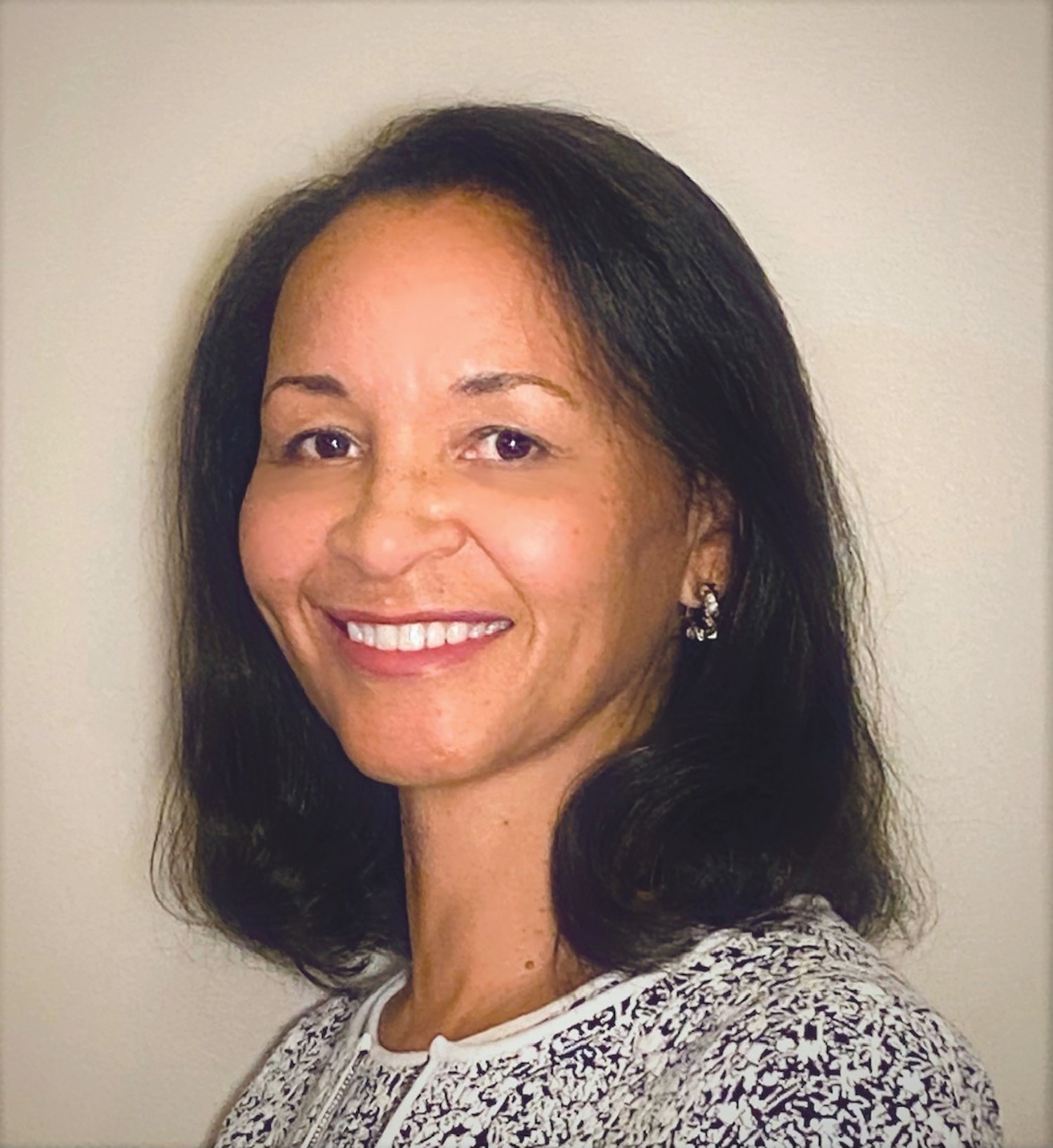Column by S.C. epidemiologist Dr. Linda Bell: COVID-19 vaccines overwhelmingly successful despite small number of breakthrough cases

Guest Columnist
While some people in South Carolina and the U.S. who have been vaccinated against COVID-19 have gotten sick later after coming into contact with the virus, there is no reason to panic. The number of cases is relatively small; the vaccines are working for the majority of us.
People vaccinated against COVID-19 are much less likely to get sick, however, "breakthrough cases," as we call them, are expected. This isn't unique to COVID-19 vaccines. Breakthrough cases also occur with other successful vaccines. For example, some people vaccinated against flu can still get sick after contact with someone who has the flu, but evidence shows that the flu vaccine is very effective in preventing hospitalizations and deaths among those who do become ill.
The small number of breakthrough COVID-19 cases documented in South Carolina isn't a reason to not get vaccinated. Frankly, the fact that only a few cases have been found compared to the large number of people who have been fully vaccinated is yet another good reason people should get vaccinated.
By getting vaccinated, you are far more likely to avoid severe illness, hospitalization and death even if you get COVID-19. More than 1.7 million S.C. residents have received at least one dose of vaccine, and more than 1 million have completed vaccination. Of the more than 1.3 million people fully vaccinated, by mid-April 155 - .00013 percent - later became infected. Simply put, the positive effects of the vaccines far outweigh the small risk of getting COVID-19 once you've been vaccinated.
Make no mistake. Breakthrough cases matter, which is why we track them. It helps determine vaccine effectiveness, how long vaccine protection lasts and whether booster shots are needed to make that protection last longer.
In truth, breakthrough cases occur for the same reason as cases in general: The virus is still being spread in our communities, and that will continue until many more people get vaccinated. Until then, those of us at risk of exposure must continue to wear masks, stay six feet apart, wash our hands and avoid crowds, particularly indoors.
Getting shots into as many arms as possible is priority one. We especially need to focus on young people and minority populations. South Carolina Department of Health and Environmental Control data shows younger adults are increasingly contributing to the spread of COVID-19, and the proportion of younger people being hospitalized is rising. Data also shows that minority populations are at higher risk of exposure and at higher risk of severe illness when infected.
Increasing vaccinations among those groups would be a big step toward a return to normal.
Consider our state's experience in nursing homes as an example of how high vaccination coverage protects an at-risk population. During the early part of the pandemic, nursing home residents were among those at highest risk and experienced the greatest number of deaths. With the approval of the vaccines in December, we prioritized nursing home residents and staff to be vaccinated first, and we achieved nearly 100 percent coverage of nursing home residents in South Carolina. Today, cases among residents in those facilities are rare, and visitation is safely taking place. Vaccination in those facilities helped them get back to normal.
During the past year, our communities have all suffered from the medical, economic and social costs of this pandemic. The good news is we have safe, effective COVID-19 vaccines that can help us recover.
That news gets better every time a vaccine is shot into the arm of another South Carolinian. Please, don't miss the opportunity to be protected, get your shot today, and take a friend with you.
Dr. Bell is state epidemiologist and director of DHEC's Bureau of Communicable Disease Prevention and Control.
More Articles to Read
